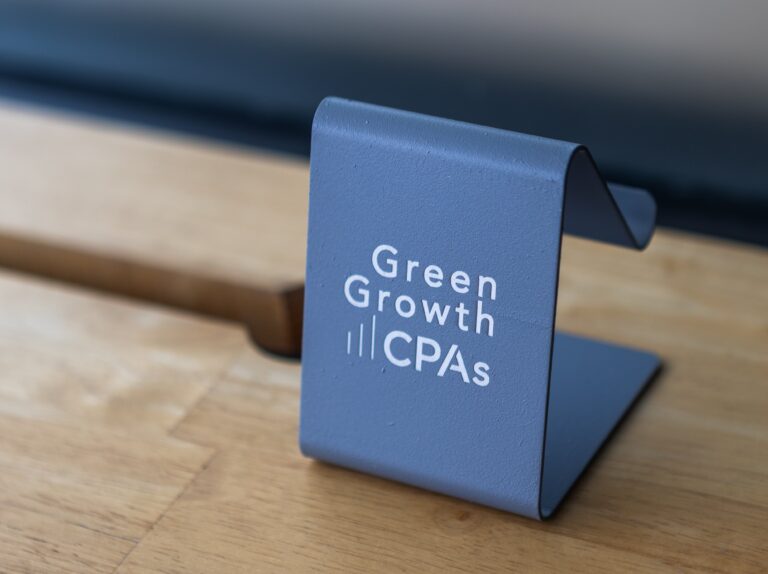If you own a cannabis business, you need to know about the IRS rules for reporting your income and paying taxes. Even though it remains illegal at the federal level, cannabis businesses are still required to pay federal income tax. An increase in IRS funding makes documenting compliance more important than ever.
Expect more cannabis audits in 2023
The IRS is actively auditing cannabis businesses, and under the Inflation Reduction Act, the IRS has received $80 billion in funding to conduct audits, civil suits, and criminal referrals. Audit enforcement of IRC Sec. 280E can result in heavy tax liabilities for businesses.
These Liabilities are particularly painful since under IRC Sec. 280E cannabis businesses cannot deduct business expenses like rent, wages, and others. This makes the marginal tax rate for cannabis businesses much higher than others.
What to document to show compliance
There is good news! Cannabis businesses can still deduct their Cost of Goods Sold (COGS), the direct costs linked to producing goods. The more business costs included in COGS, the lower the taxable income. However there are a few points to keep in mind.
To justify deductions to the IRS, you need to prove that you paid the expense. Simply offering a bill or invoice from the distributor is not enough. The IRS requires proof of payment, such as canceled checks, bank statements, or credit card statements. But since many cannabis business transactions are made in cash, the IRS may also accept electronic forms of proof.
Then you need to prove the expense is tax deductible. There are many rules governing COGS allocations, so it is important not to misreport direct costs. You can check out our list of things you can’t deduct under 280E to learn more.
Where do I start?
Audits begin with incorrect tax returns. To prepare for your 2022 tax return, here are some tips to follow:
- Always reconcile your books before closing them to avoid delays and complications. Clean books are key.
- Hire a cannabis tax professional who is familiar with IRC Sec. 280E and relevant cases to minimize your tax liability.
- Prepare for an IRS audit as if it’s a certainty by justifying your numbers and having backup documentation.
- Keep copies of your prior-year tax returns and supporting documentation for at least seven years.
If you’re feeling overwhelmed, GreenGrowth CPAs can help. Whether you’re ready to prepare your return or struggling to reconcile your books, our experts can assist in minimizing liabilities and maximizing deductions.





